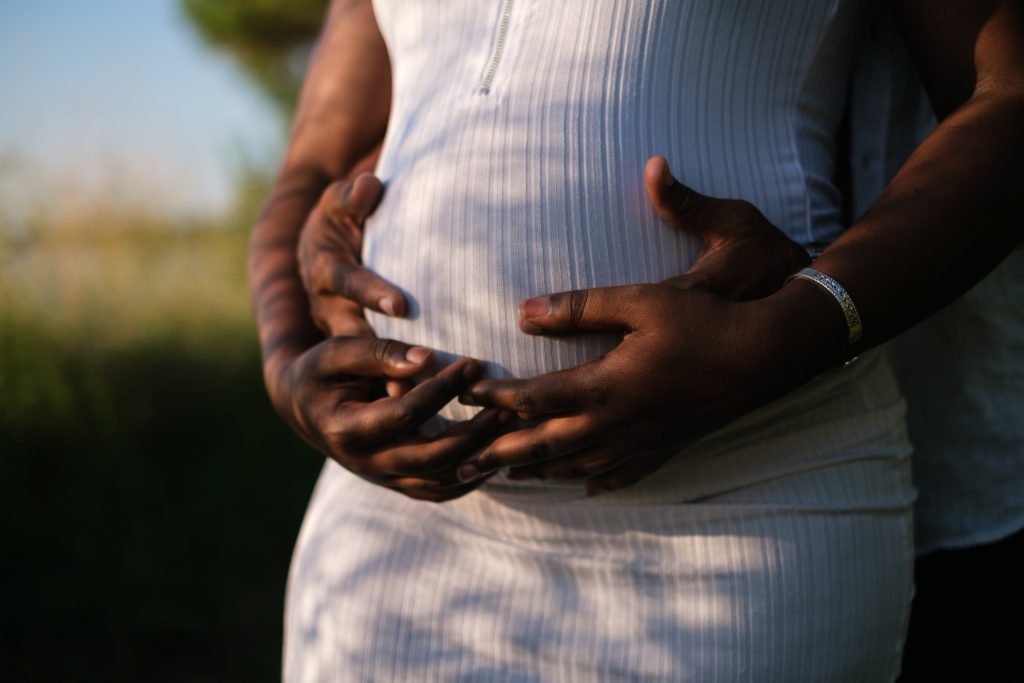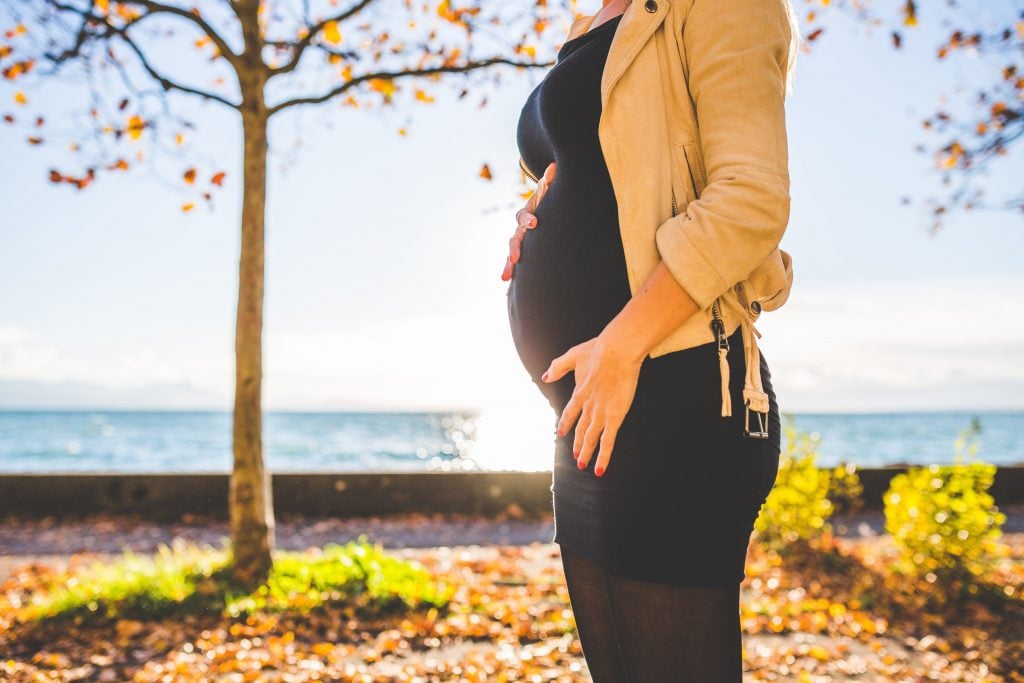Surveying the physical and mental changes that come with pregnancy can be a daunting task. The thought of worrying if you or your partner is pregnant can feel overwhelming, especially for first-time parents. While it is easy to underestimate the subtle signs and symptoms of early pregnancy, it’s important to understand these clues in order to optimize health for both expectant mother and baby. In this blog post, we’ll discuss how to identify early signs of pregnancy so that prenatal care starts as soon as possible!

When to Take a Pregnancy Test
One of the most straightforward ways to confirm pregnancy is to take a home pregnancy test. It’s recommended to take a pregnancy test if you’ve missed your period, as this is often the first noticeable sign of pregnancy. However, some tests are sensitive enough to detect hCG before a missed period—about 10 to 14 days after conception. It’s important to note that results are most accurate when the test is taken a week after a missed period. If the test result is negative but signs of pregnancy persist, it’s advisable to retake the test or consult a healthcare professional.
Missed Period
One of the most telling signs of possible pregnancy is a missed period. This occurs when a woman’s menstrual cycle doesn’t arrive as expected. However, it’s important to note that a missed period can sometimes be misleading, as factors like stress or changes in weight can also cause irregular cycles. Therefore, while a missed period can raise the possibility of pregnancy, it shouldn’t be considered a definitive indicator on its own. It’s always advised to consult with a healthcare professional for a proper evaluation.
Changes in Breast Sensitivity
During early pregnancy, hormonal changes can lead to increased breast sensitivity or tenderness. This means that your breasts may feel more sensitive or even slightly painful to the touch. In addition, you may notice a darkening of the areolas, the area surrounding the nipples. If you’re experiencing these changes, it might be an indication that you’re pregnant. However, it’s important to remember that these symptoms can also occur due to other reasons, so further evaluation is recommended.
Nausea or Vomiting
Popularly known as “morning sickness,” nausea or vomiting can occur at any time of the day and is usually experienced early in pregnancy. This can range from mild queasiness to severe vomiting. The intensity and timing of these symptoms can vary from woman to woman, and for some, they may persist throughout the day. It’s important to note that not all pregnant women experience morning sickness, and the absence of these symptoms does not necessarily indicate the absence of pregnancy.
Increased Urination
Frequent urination often begins early in pregnancy due to hormonal changes. This typically starts about six weeks into the first trimester. If you find yourself needing to urinate more frequently than usual, or if you feel a heightened urge to urinate even when your bladder isn’t full, this could be an early sign of pregnancy. However, increased urination can also be caused by other factors such as urinary tract infections, so it’s advisable to consult with a healthcare professional for a proper diagnosis.
Fatigue and Sleepiness
An increase in the hormone progesterone can make you feel unusually tired during the early stages of pregnancy. This hormone aids in maintaining the pregnancy and encourages growth in your milk-producing glands, making you feel fatigued. Some women might experience excessive sleepiness, or an increased need to rest. If you find yourself feeling more tired or wanting to sleep more than usual, this could be a sign of early pregnancy. However, fatigue can also be attributed to other factors, so it’s important to consider other symptoms and consult with a healthcare professional for a comprehensive evaluation.
Mood Swings
Another sign of early pregnancy can be mood swings. With all the hormonal changes happening in your body, it’s natural to experience a rollercoaster of emotions. You may feel unusually emotional or moody, which can be confusing if you’re not expecting it. However, these mood swings are quite common among pregnant women, especially during the early stages of pregnancy. It’s important to remember that mood swings can also be caused by other factors, so it’s recommended to seek professional advice if you’re unsure.
Food Cravings or Aversions
Early pregnancy can also bring about changes in your appetite. You might find yourself craving certain foods, or you may suddenly have an aversion to foods that you previously enjoyed. These cravings or aversions can occur at any time, but they’re most commonly experienced during the early stages of pregnancy. If you notice a significant change in your food preferences or eating habits, it could be an early sign of pregnancy. However, it’s important to note that changes in appetite can also be influenced by other factors, so it’s advisable to consult with a healthcare professional for a proper evaluation and guidance.

Recognizing the early signs of pregnancy plays a crucial role in ensuring optimal health for both the mother and the baby. These signs can range from missed periods and changes in breast sensitivity to increased urination, fatigue, mood swings, and changes in appetite, among others. It’s important to remember that these signs can vary immensely from woman to woman and may also be influenced by other factors. As such, any potential signs of pregnancy should warrant a consultation with a healthcare professional for proper evaluation and guidance. Initiating prenatal care as early as possible can help in managing the various physical and emotional changes that come with pregnancy, thereby contributing to a healthier and smoother pregnancy journey.












